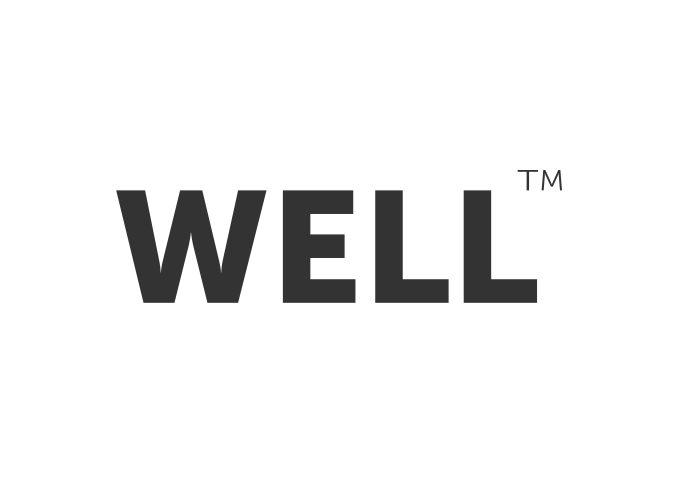WELL sustainability certification
Find out more about the WELL sustainability certification for buildings here.

WELL Building Standard®
The WELL Building Standard® was published in 2014 by the International WELL Building Institute pbc (IWBI). Ten categories, known as concepts, are considered (WELL v2). Each concept includes a variety of criteria that take into account certain aspects of physical and mental health, comfort and the community of users. Minimum requirements must be met for an award, as well as a certain number of optimizations. A project can receive an award in
- WELL Bronze: 40 points (only for Core & Shell)
- WELL Silver: 50 points
- WELL Gold: 60 points
- WELL Platinum: 80 points
for each building type (New and Existing Buildings, Interiors, Core and Shell). The following versions are currently available:
- WELL v1
- WELL v2
For which building types is WELL certification suitable?
- Office buildings: both new and existing buildings that are comprehensively designed and operated.
- Residential buildings: Pilot programs for apartment buildings are available.
- Educational institutions: WELL pilot programs also apply to educational institutions.
- Retail space: there are pilot programs for retail and sales space.
- Catering businesses: WELL can be applied to new restaurants and commercial kitchens.
- Hospitals and healthcare facilities: Healthcare facilities can also become WELL-certified.
- Industrial buildings: both new and existing industrial buildings can be certified.
Award criteria for the WELL sustainability certification
WELL certification evaluates buildings on the basis of the following main criteria:
- Air: Air quality and purification.
- Water: Water quality and access.
- Nutrition: availability and promotion of healthy food.
- Light: Lighting to support the circadian rhythm.
- Exercise: Promotion of physical activity.
- Thermal comfort: temperature and humidity control.
- Acoustic comfort: noise reduction.
- Materials: Use of low-pollutant materials.
- Mental health: Supporting mental and emotional health.
- Community: promoting social interaction and community activities
WELL Certification Body
WELL certification can only be carried out by accredited professionals who are certified as WELL Accredited Professionals (WELL APs). These professionals must have undergone specialized training and testing provided by the International WELL Building Institute (IWBI).WELL APs work closely with the IWBI, which develops and administers the certification standards
Costs for the WELL certification
The costs for WELL certification vary depending on the size and type of project. The costs consist of registration and certification fees. The registration fee ranges from $1,500 to $10,000, depending on the type and size of the project. The certification fee starts at $4,000 and ranges from $0.08 to $0.23 per square foot. Volume prices are also available for larger projects. For example, projects with more than 10 million square feet can benefit from special discounts. Additional costs may be incurred for specific functions and support, which vary from project to project.
Recognition of the WELL sustainability certification for certification systems
The WELL certification is recognized by several other certification systems and can often be used in conjunction with them. The most important certification systems that recognize WELL or with which there are synergies include LEED and BREEAM.
Sources: WELL – International WELL Building Institute | IWBI (wellcertified.com)


